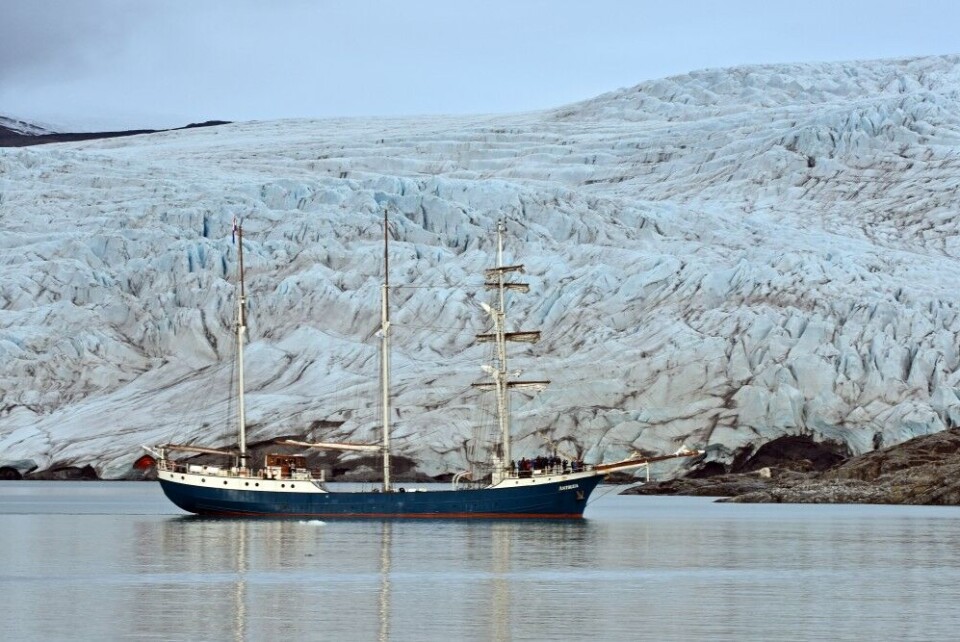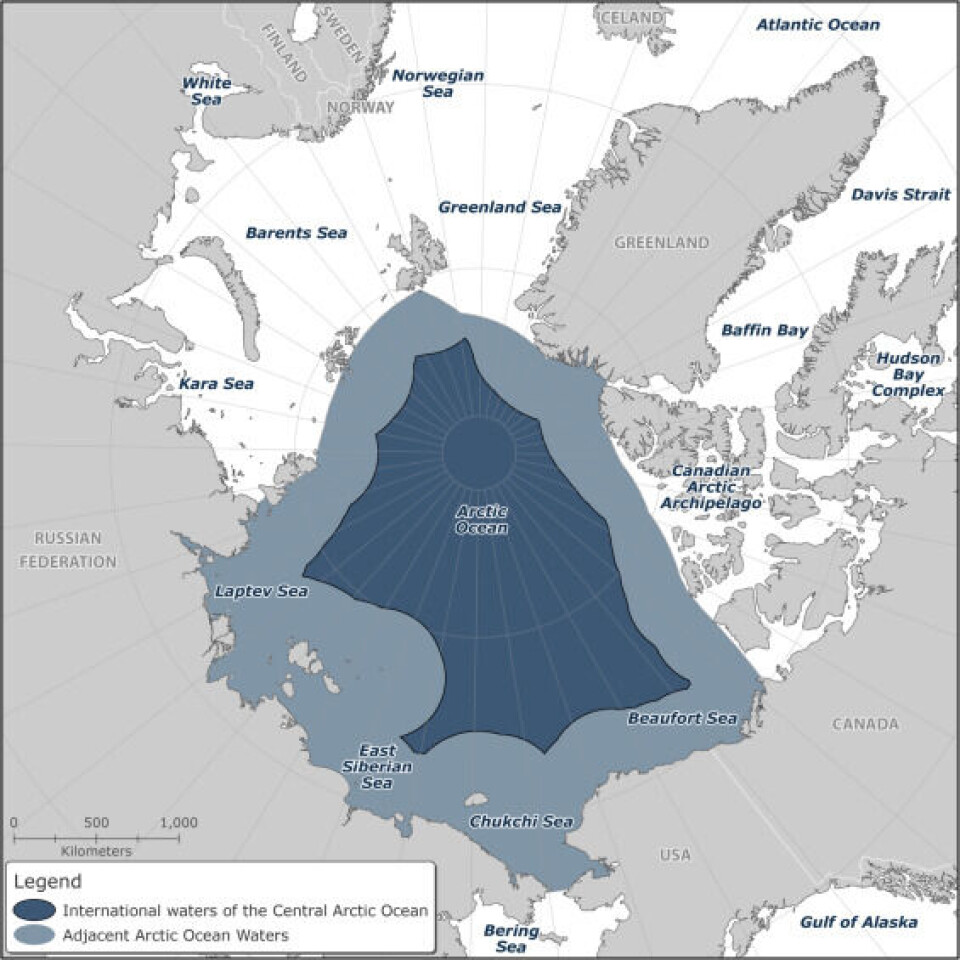
Nine countries and EU set to sign ‘historic’ agreement to protect Central Arctic Ocean
Officials from five Arctic countries and five major distant fishing powers are meeting in Greenland Wednesday to sign a legally binding international accord that will protect nearly three million square kilometres of the Central Arctic Ocean from unregulated fishing.
Text: Levon Sevunts
The agreement, which will be signed in Ilulissat, will prevent commercial fishing in the high seas of the world’s smallest ocean for at least 16 years while scientific research is conducted to learn more about its marine life and resources.
The agreement includes the so-called Arctic Five – Canada, Norway, Russia, Denmark (Greenland and the Faroe Islands), the United States – as well as the major fishing powers – Iceland, Japan, South Korea, China and the European Union.
Inuit from Canada, Greenland, the Russian region of Chukotka and Alaska represented by the Inuit Circumpolar Council are also part of the agreement.
‘Historic agreement’
Trevor Taylor, vice president of conservation for Oceans North, a Canadian environmental NGO, said representatives of these nine countries and the EU have agreed to not allow fishing to start until the international community has a better scientific understanding of the state of the marine resources and the fragile Arctic ecosystem, and a management regime is in place to regulate any future fishery in the Central Arctic Ocean.
That alone is unprecedented in the world of fisheries management, Taylor said in a phone interview from Iqaluit, Nunavut.
“Never in any other ocean, in any other sea adjacent to any other coast in this world has this taken place before, not even in Antarctica,” Taylor said. “Everywhere that we have fished in human history, we have fished first and asked questions later.”
Scott Highleyman, vice-president of conservation policy and programs at Ocean Conservancy, said the agreement will ensure a precautionary approach to fisheries in the Arctic for decades to come.
“This historic agreement will not only safeguard the Central Arctic Ocean from overfishing but also serves as a model for international cooperation in the face of unprecedented environmental change,” Highleyman said in an interview from Ilulissat, where he will be attending the signing ceremony.

Rapidly declining Arctic sea ice
A new analysis of satellite ice data for the Central Arctic Ocean prepared by Ocean Conservancy reveals that between 2010 and 2017, the average minimum thickness of sea ice in this region was 60 per cent less than in the 1980s. At the same time, the amount of open water each September between 2010 and 2017 has increased to an average of 22 per cent as compared to only one percent in the 1980s.
“This agreement is being signed just in time for this newly accessible sea,” said Henry Huntington, Arctic science director for Ocean Conservancy. “Arctic sea ice is no longer a year-round barrier to the Central Arctic Ocean so this agreement to send in scientists before commercial fishing ships is a promising sign for the Arctic’s future.”
The initial term of the agreement is 16 years after which it will automatically be extended every five years unless and until science-based fisheries quotas and rules are put in place, Taylor said.
In 2015, the U.S., Canada, Norway, Greenland and Russia issued a declaration that they would voluntarily refrain from fishing in the high Arctic. They also pledged to seek a binding agreement with non-Arctic countries that operate commercial fishing fleets in distant waters.
These countries and the EU reached the agreement in principle during the sixth round of negotiations in Washington D.C. in November 2017.
Similar precautionary Arctic fisheries plans were put into place by the U.S. off the northern coast of Alaska in 2009 and by Canada in collaboration with Inuvialuit officials in 2014.
In 2012, more than 2,000 scientists from around the world called on Arctic countries to take precautionary action in the Central Arctic Ocean. And in 2014, the Inuit Circumpolar Council called for a fisheries moratorium in these waters until adequate scientific research and management measures could be ensured.
This story is posted on the Barents Observer as part of Eye on the Arctic, a collaborative partnership between public and private circumpolar media organizations.















